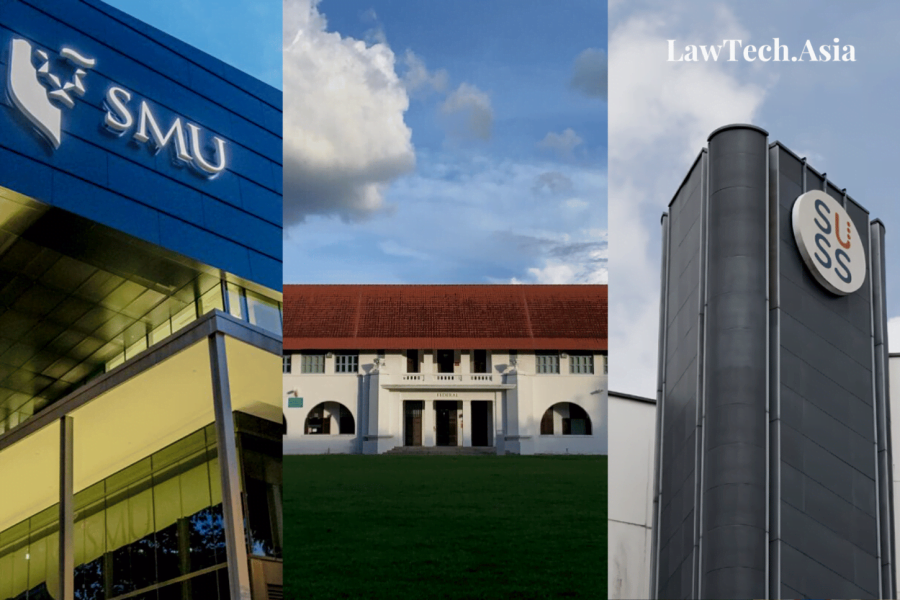Written by Eugene Yan, Yap Jun Hong and Alexis Chun | Edited by Josh Lee Kok Thong
Conversations from the 17th International Conference on Substantive Technology in Legal Education and Practice, held in Singapore in July 2022
In July 2022, SMU Centre for Computational Law (“CCLAW“) hosted the 17th International Conference on Substantive Technology in Legal Education and Practice (“SubTech2022”). The theme for this edition was “Training lawyers (and computers) in the age of Computational Law”, and it explored how legal education, legal practice, and society at large could be supported and improved with the use of technology. Unlike most traditional conferences, SubTech2022 followed an “unconference” format where attendees also had a say in the agenda. To facilitate this, multiple “Birds of a Feather” sessions were held throughout the day, each with its own topic statement which was contributed to by participants.
This article distills the conversations which took place during SubTech2022 on the question of “Are law schools preparing students for a tech-driven world?”





